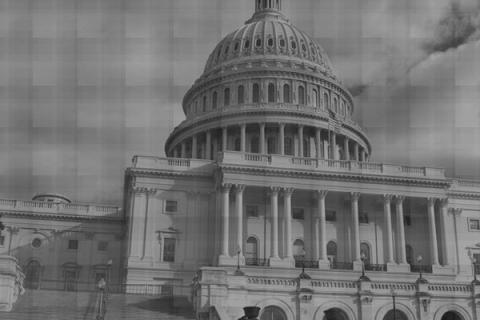Nothingshort of a massive dose of retroactive common sense -- not to mention ashot of banking industry regulation -- could have stopped theforeclosure crisis that's been the nuclear reactor in California'sbudget meltdown. Nothing short of a sprinkling of pixie dust that woulderase the state's onerous two-thirds approval requirement for budgets will loosen the current legislative long-jam.
Okay, but voters could have ameliorated both impacts if we'd approved Proposition 77,a constitutional amendment that would have given judges the power todetermine redistricting in the state, three years ago. That's worthremembering, and not just because Californians need more regret rightnow.
Thereare lessons for voters in Prop 77's failure. We have a chance for ado-over now that Proposition 11 has passed, so the teachings areimportant. Had Prop 77 passed, a panel of retired judges would havecreated new House of Representatives, Assembly and state Senatedistricts, and voters would have elected officials based on thoseboundaries starting in 2006.
Instead, we're choosing decision-makers by gerrymandered districts such as the 46th Congressionalthat snakes from Palos Verdes Estates to Costa Mesa and nips at LongBeach. You could have dropped spaghetti on a state map and craftedboundaries that make more logical sense.
Butthe 2001 redistricting was chock full of political sense. TheLegislature drew the lines with an eye toward protecting the partisanstatus quo of eight years ago.
The result: Of the state's 173 legislative and Congressional districts, only 14 were toss-ups, according to a 2005 report by Common Cause. In the rest, the party that held office in 2000 was virtually guaranteed a lock for the next decade.
There have been a few exceptions:
The 12th Senate,a terrier-shaped district with Salinas at the neck and Modesto on themuzzle, was drawn in blue for for then-Assembly Rules Chairman DennisCardoza.
Butafter Gary Condit's political troubles let Cardoza skip a grade and godirectly to Congress, Republican Jeff Denham narrowly won the seat froma Democrat who handled more baggage during the high-priced campaignthan a Skycap at LAX. The 11th Congressional Districtwas supposed to have been Republican Richard Pombo's forever and everamen, but a slight shift in voter registration paired with Pombo'sunpopular environmental stances and ties to Bush gave the seat to theDemocrats two years ago.
Thepartisan scorecard in Sacramento, though, remains the same. Republicanshave 37 percent of the Senate and 36 percent of the Assembly, enough toblock budget legislation under the two-thirds requirement. It's a sweetdeal: Obstruction without responsibility.
Notthat the Democrats' behavior has been remarkably better. They don'thave the super-majority, but they have numbers overwhelming enough thatthey don't have to reach out. All they have to do is talk a few enemytroops into crossing over.And everyone keeps playing the same gamebecause they know their seats are safe. How much would you fret overyour annual job review if you already knew what the result was going tobe?
Gov.Arnold Schwarzenegger's Prop 77 would have created meaningful reviewhad it been approved. In setting up an independent panel, it would havetaken redistricting away from the folks with the conflicts of interest.
Opponents decried loss of legislative seniority the proposition could trigger while they funneled wads of cash into a campaign to preserve their own seniority. They labeled the proposal a Schwarzenegger power grab,but even it if were, it would have been a case of wrong making rightbecause in the long run independently drawn districts work for thevoters. And that information was available when we voted in 2005.
A study that yearat The Rose Institute of State and Local Government at ClaremontMcKenna College found that the 1990 court-crafted redistrictingresulted in "competitive" districts even though the judges never tookpolitical competition into account. Competition flowed naturally fromfactors they did consider, such as keeping together cities, respectingcommunities of interest and keeping district contiguous.
Prop11's passage gives us a chance to get it right this time, but thatdoesn't mean we can sleep through the next redistricting. There's still politics in the process, but at least there are checks.
Theultimate check, though, is the voter. It's up to us to pay attentionthis time, so we don't wind up with tangled districts and continuedtangled government.
